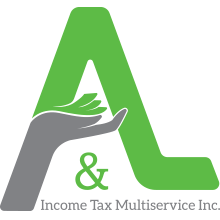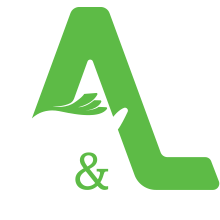
The income tax is the tax to be paid on the income received. For US residents, most of their money is subject to income tax. This includes not only wages but also interest, dividends, rent, royalties, lottery winnings, unemployment compensation and profits of a business. Income taxes are the largest source of revenue for the federal government in the United States.
BREAKING DOWN ‘Income Tax’
Most countries employ a progressive income tax system in which higher-income earners pay a higher tax rate compared to their lower-earning counterparts. The first income tax imposed in America was during the War of 1812. Its original purpose was to fund the repayment of a $100 million debt that was incurred through war-related expenses. After the war, the tax was repealed, but income tax became permanent during the early 20th century.
In the United States, the Internal Revenue Service (IRS) collects taxes and enforces tax law. The IRS employs a complex set of rules and regulations regarding which income must be reported and which deductions and credits filers may claim. The agency collects taxes on all forms of income, including wages, salaries, commissions, investments and business earnings.
Individual Income Tax
Most individuals do not pay tax on all of their income. Rather, the IRS offers a series of deductions, including mortgage interest, a portion of medical and dental bills, education expenses and several others, which taxpayers subtract from their gross income to determine their taxable income. For example, if a taxpayer earns $100,000 in income and qualifies for $20,000 in deductions, the IRS only taxes the remaining $80,000. Then, the agency applies credits to the taxes owed. To illustrate, if an individual owes $20,000 in taxes but qualifies for $4,500 in credits, he only owes $15,500 in tax.
Business Income Taxes
Businesses also pay income on their earnings, and the IRS considers corporations, partnerships, self-employed contractors and small businesses to be businesses. These entities report their business income, and then deduct their operating and capital expenses. The difference is their taxable business income.
State and Local Income Tax
In addition to federal income taxes, many states in the United States also levy income taxes. As of 2016, only seven states do not levy income taxes on their citizens, and they include Alaska, Florida, Nevada, South Dakota, Texas, Washington and Wyoming. New Hampshire and Tennessee only collect income tax on earnings from dividends and investments.
Income tax exists in contrast to property tax and sales tax.
Property Tax and Sales Tax
Property tax is levied on properties based on their assessed values. The business, person or other entity who owns the property must then remit the tax to the governing authority of the jurisdiction. In the United States, municipal or county governments typically levy property taxes. Sales taxes are applied to goods purchased by consumers, and are levied by federal, state and local authorities.


